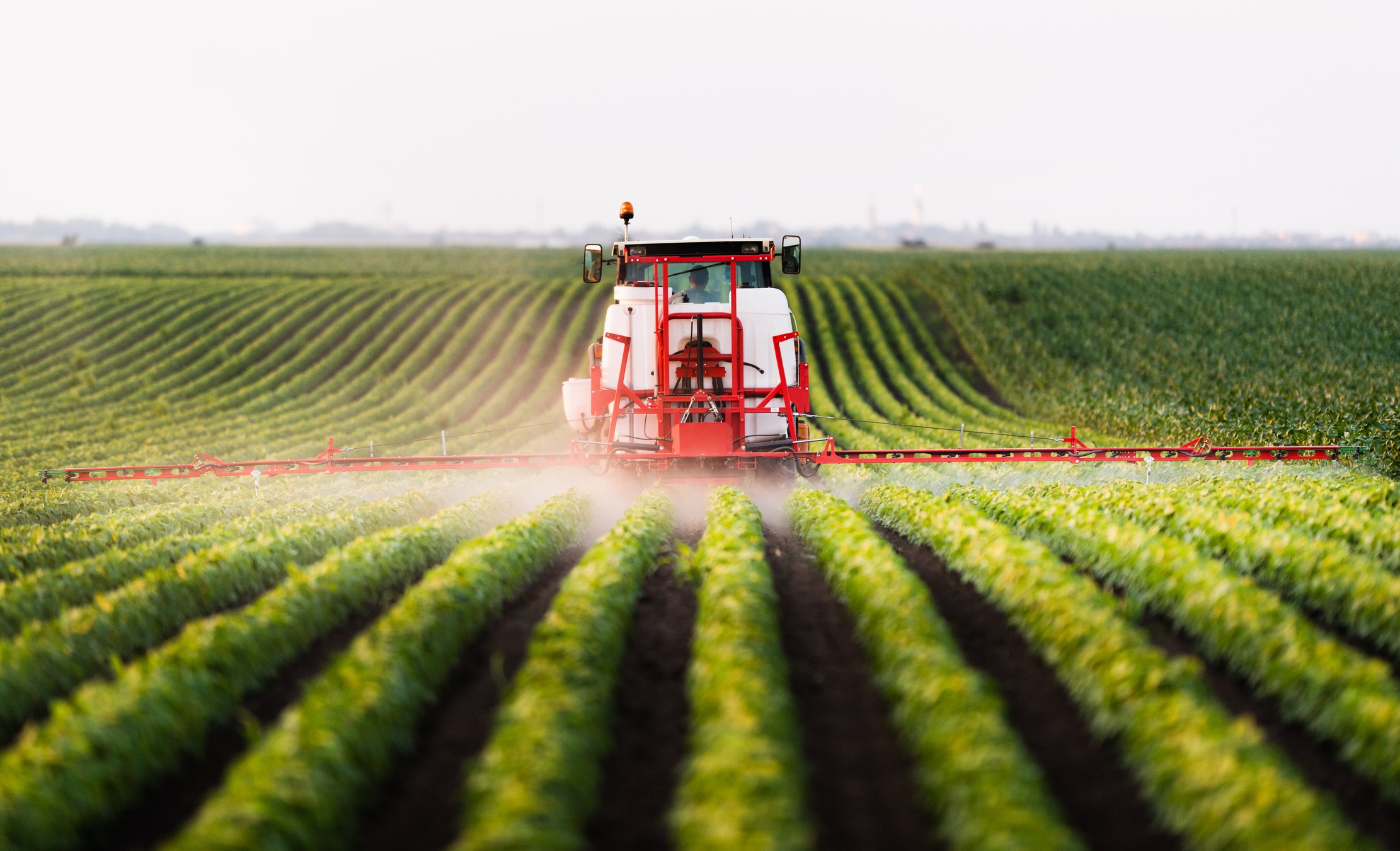- PoopMates
- Posts
- ☠️ Glyphosate in Your Food: The Hidden Threat to Your Gut Health ☠️
☠️ Glyphosate in Your Food: The Hidden Threat to Your Gut Health ☠️
Discover how glyphosate, a common food contaminant, impacts gut health and what you can do to help counteract its effects.

GM! This is PoopMates HQ bringing you another fresh edition of the PoopMates newsletter. Today, we're discussing glyphosate, a common toxin that most Americans are ingesting several times on a daily basis without even knowing it, and what you can do about it.

☠️ GLYPHOSATE IN THE FOOD SUPPLY: AN INVISIBLE DANGER ☢️

Glyphosate, commonly known by its trade name Roundup (owned by Bayer), is one of the most widely used herbicides in the United States. Initially developed by Monsanto, glyphosate is used extensively on crops like corn, soy, wheat, and oats. As a result, trace amounts often end up in everyday foods—think cereals, grains, vegetables, and even some organic products. A study published in Environmental Sciences Europe highlights that American agriculture uses over 300 million pounds of glyphosate each year, making it hard to avoid entirely. In fact, this study found that over 80% of Americans have detectable levels of glyphosate in their bodies, with many showing levels above what’s considered safe.
How Glyphosate Affects Gut Health and More 🔍
Glyphosate is an antimicrobial which means its job is to kill bacteria; it shouldn’t be a surprise to hear that it also kills beneficial gut bacteria. Research in Toxicology Reports shows that glyphosate disrupts gut microbiota by selectively targeting beneficial bacteria while sparing some harmful ones, which can compromise gut integrity and immune function. This can lead the gut to become more permeable and prone to conditions like "leaky gut" and more.
Beyond the gut microbiome, glyphosate has been shown to stress critical organs, particularly the liver and kidneys. Glyphosate exposure can lead to fatty liver disease, kidney damage, and oxidative stress, especially with chronic exposure over time. Chronic exposure to even low levels of glyphosate can have a cumulative effect, impacting the liver’s ability to detoxify and the kidneys’ role in filtering waste. This means that, over time, glyphosate exposure can lead to organ dysfunction, which can manifest in conditions like chronic kidney disease and liver inflammation.
Glyphosate is also a known carcinogen. In 2018, the case of DeWayne Johnson vs. Monsanto found that Johnson’s exposure to glyphosate significantly contributed to the development his non-Hodgkin’s lymphoma. Monsanto lost and was ordered to pay a sum of $290 million. This was just one of the many cases against Monsanto and glyphosate.
Gluten Intolerance Or Glyphosate Intolerance? 🤔
Interestingly, there is compelling research indicating that glyphosate exposure plays a significant role with people’s inability to tolerate gluten. Glyphosate’s tendency to cause leaky gut and an imbalanced microbiome has been shown to play a role in triggering immune responses to gluten. Furthermore, there are countless anecdotes of people with gluten intolerance claiming to have found relief by choosing alternative forms of grains—emmer, spelt, and einkorn—over modern GMO wheat varieties. These ancient grains, which are often grown without synthetic herbicides like glyphosate, have a different genetic profile, which makes them easier to digest for many people. Because most modern wheat is heavily sprayed with glyphosate, switching to these glyphosate-free alternatives may reduce exposure and help manage gluten sensitivity.

The Glycine Connection: A Possible Mediator
Glyphosate’s chemical structure closely resembles glycine, an amino acid vital for collagen synthesis and gut integrity. This structural similarity allows glyphosate to disrupt normal glycine processes, potentially weakening the gut lining and impacting liver and kidney function. Supplementing with glycine may help by supporting the body's natural repair processes and aiding detoxification pathways. Thankfully, glycine is a readily available and fairly cheap supplement and can reduce inflammation and support the growth of healthy gut bacteria, providing a potential buffer against glyphosate’s effects.

TL;DR
There’s a lot more that can be said on the topic of glyphosate, but we’ll leave it here (for now).
Glyphosate aka “RoundUp” is a herbicide that many everyday foods are soaked in before they hit the processing plant and grocery stores.
Glyphosate has been shown to cause dysbiosis, leaky gut, organ disfunction, and cancer.
Glyphosate is believed to play a strong part in the rise of gluten intolerance over recent years.
Mitigate the effects of glyphosate by reducing exposure via organic, glyphosate-free foods, and supplementing with glycine.

💩 SH!TTY MEMEZ 🤣




Lastly, watch out for our mobile app hitting the iOS and Android app stores in the coming weeks!
That’s all for today, folks. We hope you enjoyed it. Now go, fertilize the Earth! The planet needs you.
DISCLAIMER: The content provided in this newsletter is for informational purposes only and is not intended as a substitute for professional medical advice, diagnosis, or treatment. If you are experiencing a medical emergency, call your doctor or dial 911 immediately.